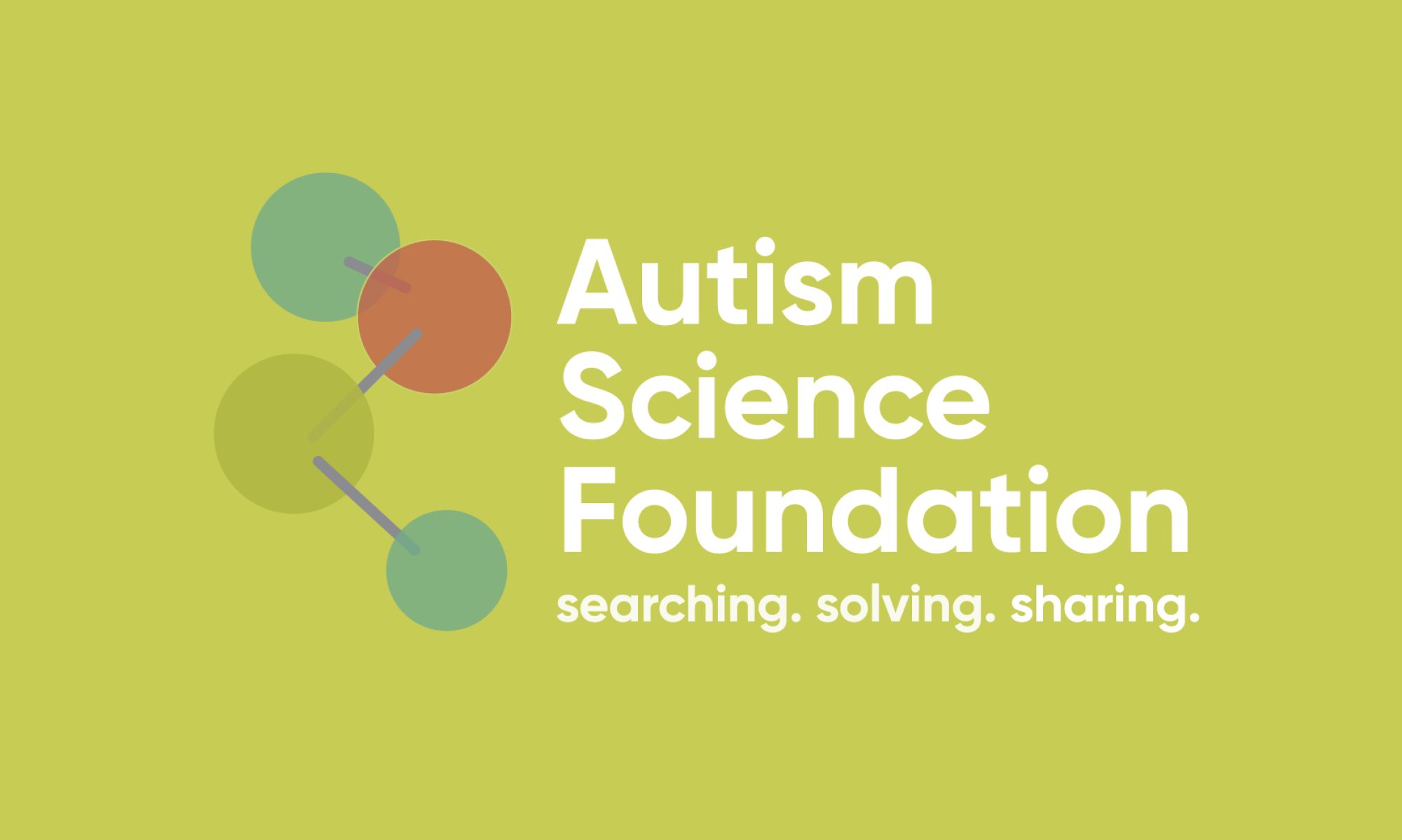“Occurrence and Family Impact of Elopement in Children with Autism Spectrum Disorders,” was published today in the November 2012 issue of Pediatrics (published online Oct. 8). The study was conducted by the Interactive Autism Network at Kennedy Krieger Institute and indicates that half of children with autism wander away from safe environments. The study was funded by a coalition of autism advocacy organizations led by the Autism Science Foundation.
 Researchers surveyed 1,367 families with children between the ages of 4 and 17 who had been diagnosed with ASD. Nearly half – 598, or 49 percent – of the families reported that their child had attempted to elope at least once after age 4. Of those, 316 children went missing long enough to cause concern.
Researchers surveyed 1,367 families with children between the ages of 4 and 17 who had been diagnosed with ASD. Nearly half – 598, or 49 percent – of the families reported that their child had attempted to elope at least once after age 4. Of those, 316 children went missing long enough to cause concern.
Greater autism severity was associated with increased elopement risk. Children eloped most commonly from their home, a store, classroom or school. Nearly half of parents said their child’s elopement was focused on an intent to go somewhere or do something, versus being confused or lost. Close calls with calamities like traffic injury or drowning are frequent, with police called in more than a third of cases.
Of parents whose children had eloped, 43 percent said the issue had prevented family members from getting a good night’s sleep, and 62 percent said their concerns had prevented family from attending or enjoying activities outside the home. For 56 percent of parents, elopement was one of the most stressful behaviors they had to cope with as caregivers of a child with ASD, and half said they received no guidance from anyone on preventing or addressing this behavior.
Read coverage in USA Today and the New York Times.

A few people have asked me why we spent money studying something we already knew. The reason we have to spend money on this is because in the absence of published data we can’t get needed public policy changes. As a result of having this data (even before it was published today) we were able to get a medical classification code for autistic wandering, which means doctors can be reimbursed for time spent warning parents about wandering and discussing preventive measures. Now we are trying to use the published study to get an “autism” alert, like the amber alert, so that first responders can be notified when our children wander. Our kids are not covered by the amber alert because they are not (technically) abducted. So while it seems silly to have to “study” this, it is a very necessary step in getting our kids the help and protection they need and deserve. ASF funded this study and I am really proud of the work we are doing in this area. -Alison